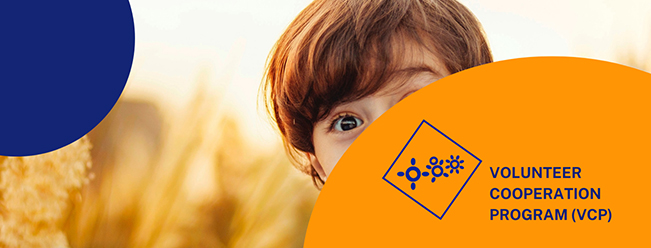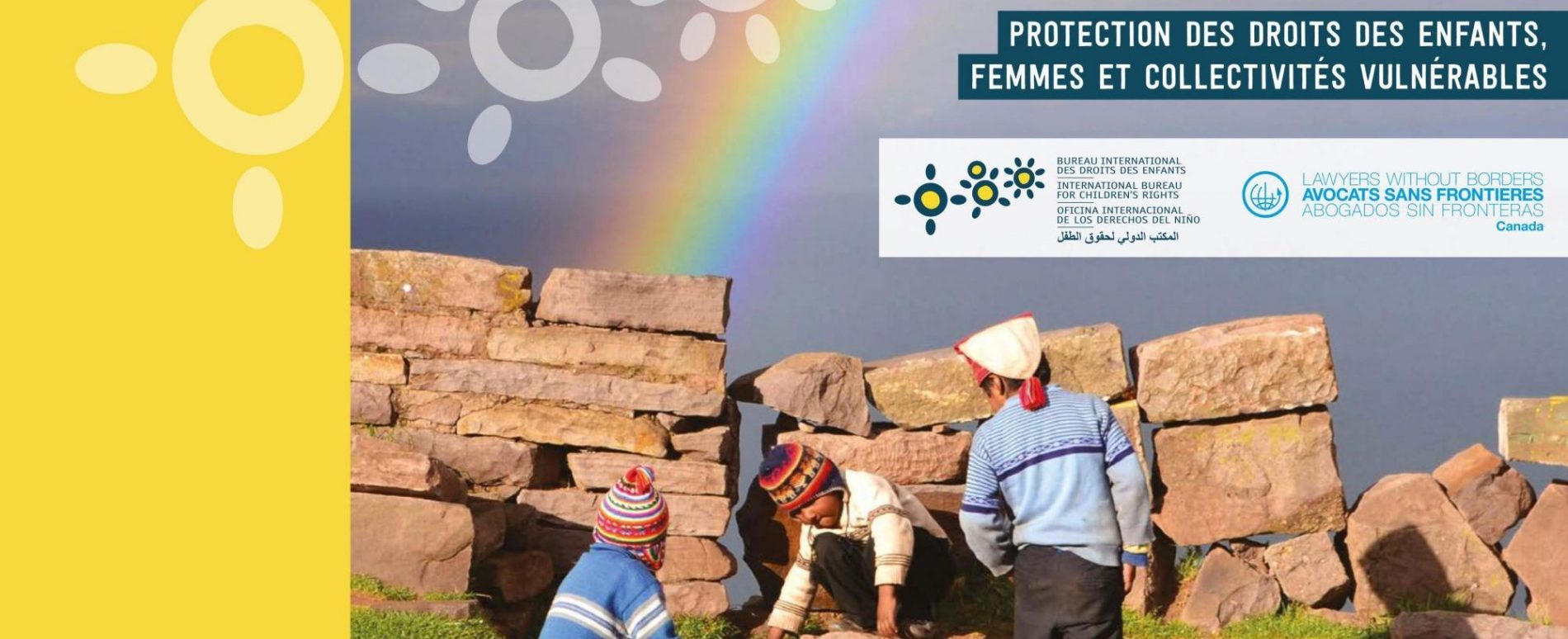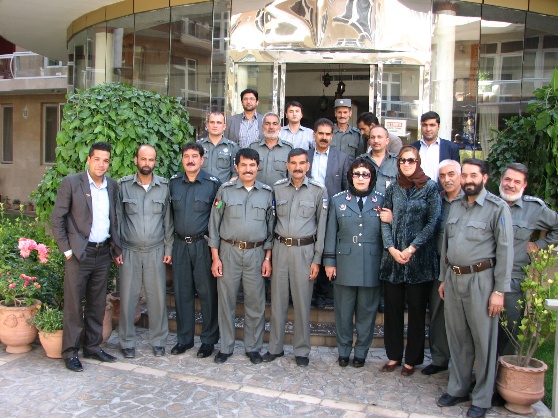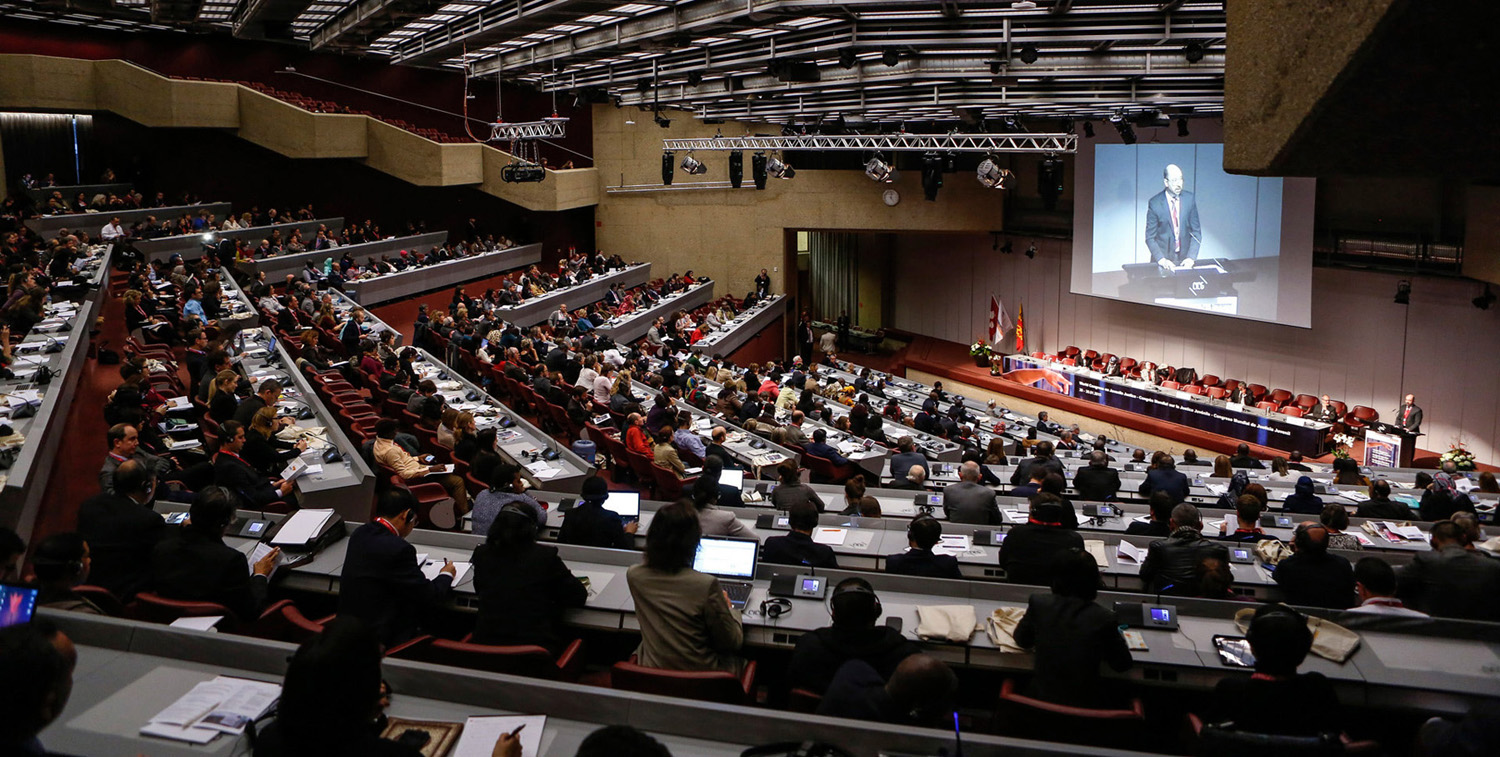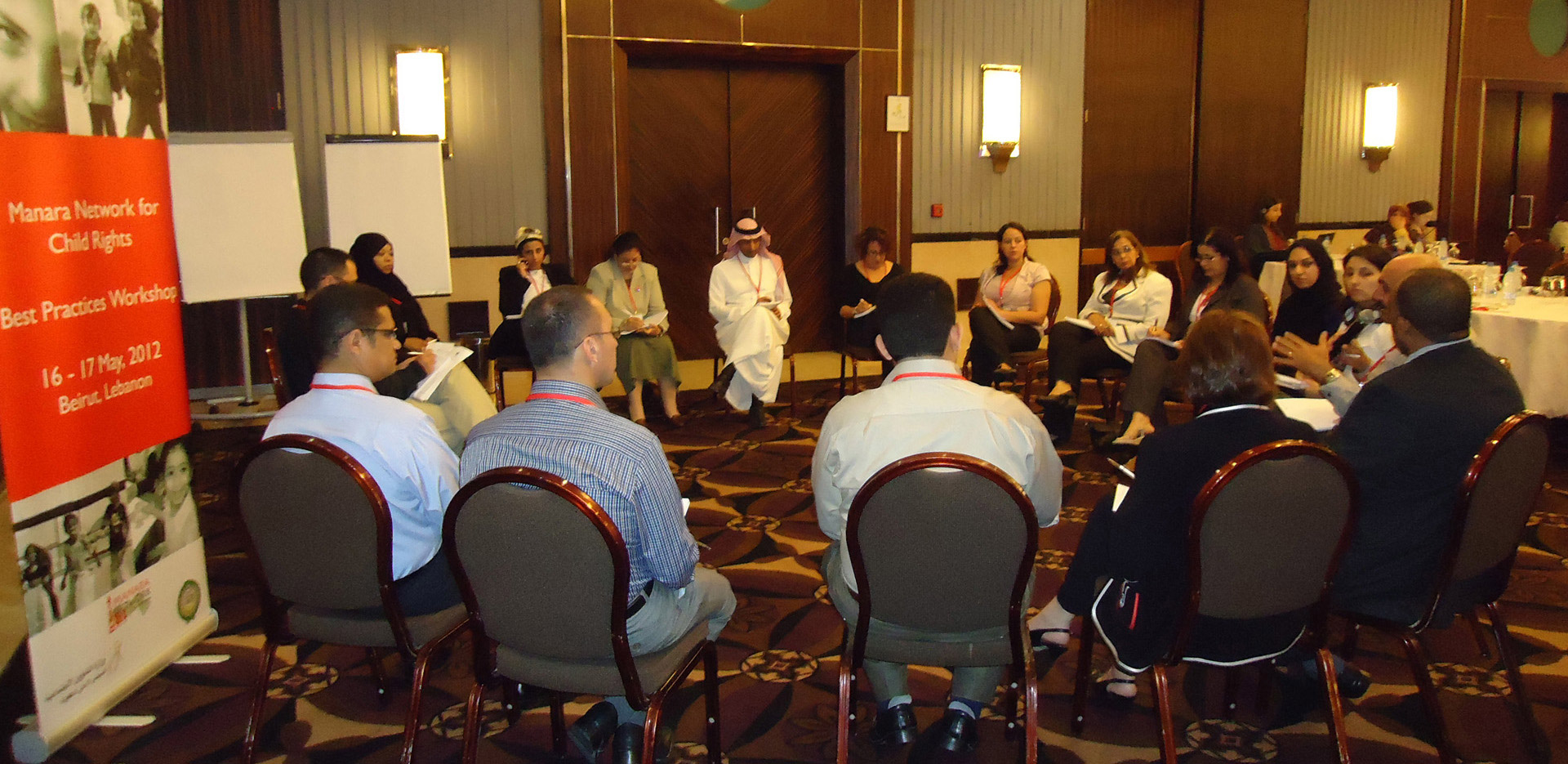Voluntary Cooperation Programme: Protection of Children, Women and other Vulnerable Populations (PRODEF)

Giving your energy and knowledge to a task that could have a direct impact on the lives of society’s most vulnerable people is an invaluable experience that transcends our own professional development
Claudia Nuñez, volunteer legal advisor at the association CHS Alternativo.
Project duration : 2015 - 2020
For several decades now, the Government of Canada has helped hundreds of volunteering young Canadian professionals use their expertise to assist organisations in developing countries through its Volunteer Cooperation Programme (VCP). In 2014, Global Affairs Canada issued a call for proposals to expand the VCP to other Canadian organisations. It is in this context that the IBCR partnered with Lawyers Without Borders Canada to implement a five-year plan aimed at strengthening the justice system in the countries in question. In May 2015, the Government of Canada approved the programme and it was implemented that summer.
Our objectives:
The project, approved in May 2015, envisages the deployment of young professionals (legal experts, human resources specialists, social workers) in nine countries in Africa and the Americas with the aim of supporting the protection of women and children, as well as the rule of law through access to justice. Over the course of the coming years, almost 20 organisations, including the Paniamor Foundation in Costa Rica, Association BAYTI in Morocco, CHS Alternativo in Peru, Amal pour la Famille et l’Enfant in Tunisia and Association des Femmes Juristes de Côte d’Ivoire, will host cooperants for several months at a time. In all, over 100 Canadian volunteers will be sent out into the field. There, they will support local structures through capacity-strengthening activities, and will in turn gain out of the ordinary work experience in the field of international development, which they will be able to utilise when they return to Canada.
The IBCR and its partners hope this will lead to an improvement in the protection of human rights in vulnerable populations, as well as in the development of skills among the concerned partners. The young professionals sent on missions will also be able to develop practices by offering guidance and training, and by providing technical and methodological support to the staff of organisations involved in the project. However, the experience is also meant to facilitate a larger mobilisation of Canadians towards international development issues.
Indeed, the year 2016-2017 has been fruitful. The program has enabled Canadians with proven expertise in one area to assist partners in developing countries with the goal of sustainably building this partner's capabilities. During a stay of two weeks to several months, the co-workers transmit their knowledge and skills by supporting the work carried out for the children. These young professionals sent on missions are in a position to evolve practices, and they offer advice, training and technical and methodological support to the staff of the organizations involved in the project. This program allows Canadians to gain a unique experience and subsequently contribute to raising public awareness of international cooperation issues and issues related to the rights of women, children and vulnerable communities.
The Volunteer Cooperation Programme was introduced at the forum “Sexual Violence: Which Support for the Victims?”, which was jointly organised by the IBCR and Lawyers Without Borders Canada. Since then, some 14 legal advisors and two organizational management consultants have been sent to the field. For the year 2016-2017, this number amounted to 24 advisors deployed with expertise in law, organisational management and communications.
Accomplishments:
- Supported the development of five legislative proposals on children’s rights, including:
— Costa Rica: On crimes against minors and on protecting children from cyber-violence
— Peru: On child labour, human trafficking and migrant smuggling - Provided advocacy assistance to Paniamor concerning a bill against the marriage of minors under the age of 18 in Costa Rica. The bill was approved by the Legislative Assembly in August 2016
- Provided legal assistance to 71 victims of crime in vulnerable communities in Peru and Côte d’Ivoire
- Organised 12 workshops to raise awareness of children’s rights, including:
— Costa Rica: On protecting children from cyber-violence
— Côte d’Ivoire: On gender equality and raising child awareness about cyber-crime and its consequences
— Morocco: On the Convention on the Rights of the Child, the justice system for children, the Québec education system and justice for children
— Peru: On the United Nations Committee on the Rights of the Child and the optional protocols of the Convention on the Rights of the Child - Held two children’s rights advocacy events in Costa Rica, with a specific focus on protecting children in a digital age and child sexual exploitation
- Developed seven management tools to reinforce partner capacities to protect children’s rights, including:
— Morocco: Terms of reference for job postings, organisational analysis reports, and a strategic intelligence tool
— Tunisia: Employee handbook, new organisation chart, task description and employee contract templates - Produced communication tools to reinforce partner capabilities for raising awareness about children’s rights, including:
— Côte d’Ivoire: Posters and brochures on children in conflict with the law
— Morocco: Country profiles
— Tunisia: Video and brochure
- Intervention locations : 9 countries taking part in the project: Colombia, Costa Rica, Côte d’Ivoire, Guatemala, Haiti, Honduras, Morocco, Peru and Tunisia
- Project duration: 2015 à 2020
- Partners :
- Global Affairs Canada, ASFC Colombia (Colombia), Corporación Humanas (Colombia), Paniamor (Costa Rica), Association of Women Lawyers of Côte d’Ivoire (Côte d’Ivoire), ASFC Guatemala (Guatemala), Bufete Juridico de Derechos Humanos (Guatemala), Centro Para la Acción Legal en Derechos Humanos (Guatemala), Collectif contre l’impunité (Haiti), Haitian Public Protection Office (Haiti), Kay Fanm (Haiti), COFADEH (Honduras), Association Bayti (Morocco), Amal pour la famille et l’enfant (Tunisia), APRODEH (Peru), CIPRODEH (Honduras), CHS Alternativo (Peru), and IPRODES (Peru).
- Highlights:
- 9 countries involved in the project
- Close to 20 partner organisations
- Approximately 100 cooperants will be taking part in missions
- Since the beginning of the project, 24 volunteers were sent, with expertise in law, organizational management and communication
- Follow-up missions to five countries involved in the project: Colombia, Côte d'Ivoire, Guatemala, Morocco and Tunisia
- Volunteers returning from their mandates raising awareness of the issues of voluntary cooperation among the Canadian public
- Launch of the PRODEF website, http://www.cooperationvolontaireasfcibcr.com/ dedicated to the cooperation program
- Fields of activity and expertise :
- Capacity building
- Advocacy and institutional support
- Tools, reference manuals and standards
- Training leadership
- Children in emergency situations
- Child sexual exploitation
- Children and the justice system




